News
Android 15 Tightens Security with New Sideloading Restrictions and Cross-Device Features
Android's next major update brings significant changes to the platform's security framework and device synchronization capabilities. As Google prepares to roll out Android 15, the update introduces stricter controls on app sideloading while enhancing cross-device functionality for Pixel users, marking a pivotal shift in Android's traditionally open ecosystem.Enhanced Security MeasuresAndroid 15 implements a comprehensive set of restrictions on sideloaded applications, primarily targeting sensitive permissions. The new system requires users to manually activate permissions through the Settings menu for apps installed outside the Google Play Store. This change reflects Google's response to alarming statistics showing sideloading users face a 200% higher risk of malware exposure. The implementation includes the Play Store Integrity API, which enables developers to prevent their apps from running if installed through unofficial channels.Restricted Settings in Android 15:AccessibilityNotification listenerDevice admin appsDisplay over other appsUsage accessDialerSMSSMS runtimeImpact on Power UsersThe new restrictions create significant challenges for Android power users, developers, and enthusiasts who rely on sideloading for app testing, customization, and maintaining older devices. The requirement to manually enable individual permissions for each sideloaded app adds friction to workflows that previously were seamless. This particularly affects users of custom ROMs and those maintaining devices beyond their official support lifecycle.Security Statistics:Over 3 billion Android users worldwide200% higher malware risk for users who sideload appsOver 8 million installations affected by malware from Play Store appsCross-Device Notification ManagementOn a more positive note, Android 15 introduces an improved notification management system for Pixel devices. The dismiss notifications across Pixel devices feature enables synchronized notification dismissal across multiple devices logged into the same Google account. Currently limited to Wi-Fi connections, evidence suggests Google is working to extend this functionality to mobile data networks, making the feature more versatile for users on the go.Balancing Security and OpennessGoogle's approach with Android 15 represents a delicate balance between enhancing security for the platform's massive user base and maintaining the flexibility that has defined Android. While the stricter security measures protect average users from the growing threat of mobile scams and malware, they also signal a potential shift away from Android's historically open nature. This evolution raises questions about the platform's future direction and its differentiation from more restricted mobile operating systems.Future ImplicationsThe changes in Android 15 could have lasting implications for the Android ecosystem. As Google continues to prioritize security, the platform's identity as an open and customizable operating system faces new challenges. The success of these changes will likely depend on how well Google manages to protect users while preserving the features and flexibility that have made Android popular among power users and developers.
Android
8 hours ago
86Box Emerges as Premier Solution for Legacy OS Emulation, Gains Traction on ARM Platforms
9 hours ago

MediaTek's Dimensity 9500 Rumored to Break 4GHz Speed Barrier with New CPU Design
CPU
10 hours ago
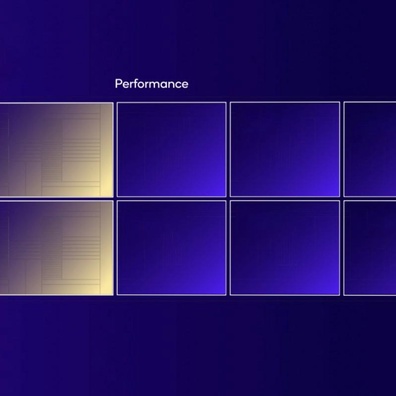
Apple's iOS 18 Silently Enables Photo Data Sharing by Default, Raising Privacy Concerns
Apple
10 hours ago

DRAM Market Faces Sharp Price Decline in Q1 2025 with Up to 13% Drop Expected
RAM
10 hours ago
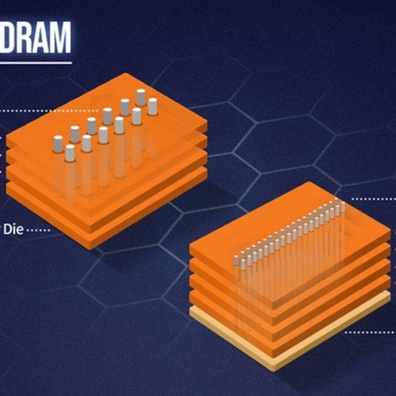
Snapdragon 8 Elite 2 Set for Early October 2025 Launch with TSMC 3nm Process
14 hours ago
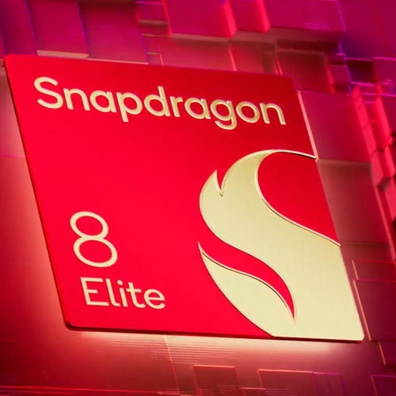
NandToTetris Project Shows How to Build a Computer from Basic Logic Gates
14 hours ago
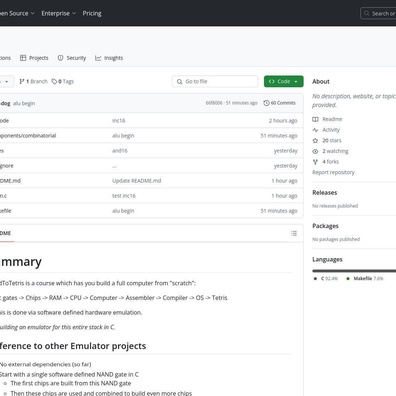
Huawei Enjoy 70X Launch Confirmed for January 3: Kirin 8000A and Satellite Communication Features
Phone
16 hours ago

EU's USB-C Mandate Forces Apple to Halt iPhone 14 and SE Sales in 29 Countries
Phone
19 hours ago

Spotify's Content Moderation Fails as NSFW Videos Surface in Artist Searches
Apps
20 hours ago

GitHub Pull Request Goes Viral: User Asks to Remove Password from List to Prevent Hacking
Security
Yesterday

Index-Free Search Library Sparks Debate on Performance vs. Simplicity Trade-offs
Yesterday
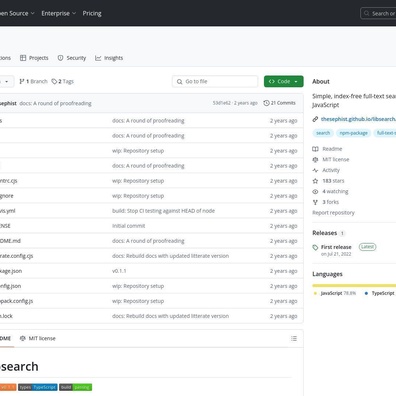
New Image Embedding Solution Bridges Text and Binary File Formats in Racket
AI
Yesterday
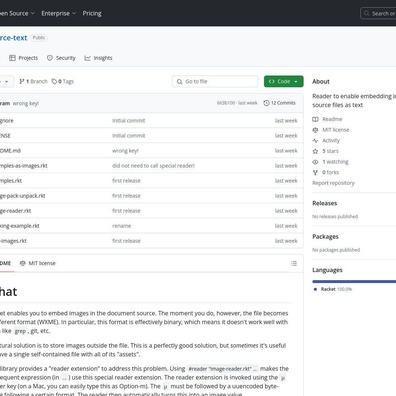
Samsung Galaxy S25 Ultra Camera Specs Leak: Only Ultra-Wide Gets Major Upgrade
Phone
Yesterday

Google Sets Ambitious Goals for Gemini in 2025, Targets 500 Million Users
AI
Yesterday
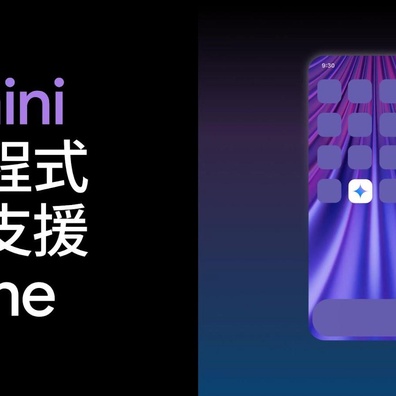
Google Tests New Gemini-Inspired Loading Animation for AI Overviews in Search
AI
Yesterday

iPhone 16 Pro Review: Major Upgrades and Essential Accessories for 2024
Phone
Yesterday

T-Mobile's Starlink Satellite Messaging Beta Shows Signs of Imminent Launch
Apps
Yesterday

Honor Magic V3 Crowned Best Foldable of 2024: Sets New Standards with Ultra-Thin Design
Phone
Yesterday

Meta Quest Software Update Causes Widespread Device Failures During Holiday Season
Meta
Yesterday
